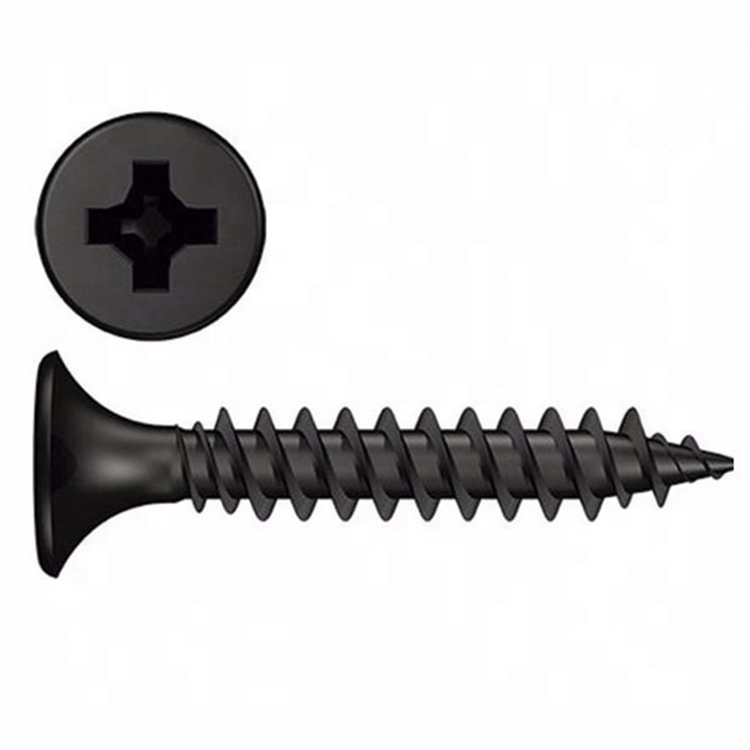c bolts companies
Nov . 12, 2024 03:39 Back to list
c bolts companies
The Rise of C-Bolts Companies A Comprehensive Overview
In the world of manufacturing and construction, fasteners play a crucial role in the integrity and stability of structures. Among various types of fasteners, C-bolts have gained significant traction due to their unique design and functional advantages. C-bolts, characterized by their distinctive 'C' shape, offer an innovative solution for secure fastening in various applications. This article explores the emergence and significance of C-bolts companies in today's evolving market landscape.
Understanding C-Bolts
C-bolts are specialized fasteners designed to provide superior strength and adaptability. Unlike standard bolts that are typically straight and cylindrical, C-bolts feature a curved structure that allows them to distribute loads more evenly. This design versatility makes C-bolts suitable for applications in automotive, construction, and aerospace industries, where load-bearing capacity is paramount.
The material used in C-bolt manufacturing is another aspect that enhances their functionality. Manufacturers often use high-strength alloys or stainless steel, which not only increases durability but also offers resistance to corrosion and wear. This is especially important in environments subjected to harsh conditions, ensuring that structures maintain their integrity over time.
The Emergence of C-Bolts Companies
The rise of C-bolts companies can be attributed to several factors, including increased demand for innovative fastening solutions, advancements in manufacturing technologies, and an expanded focus on product quality. As industries strive for efficiency and safety, the need for reliable fastening systems has never been more crucial.
C-bolts companies have capitalized on this demand by investing in research and development. By collaborating with engineers and designers, these companies have developed C-bolt designs that cater to specific industry needs. For instance, in the automotive sector, companies produce C-bolts that can withstand high stress and temperatures, which are essential for vehicle performance.
Moreover, advancements in manufacturing technologies, such as automation and precision machining, have made it easier for C-bolts companies to produce high-quality products at scale. This has allowed manufacturers to reduce costs while improving product reliability, making C-bolts an appealing option for businesses looking to optimize their operations.
c bolts companies

Market Trends and Challenges
As C-bolts companies grow in prominence, several market trends are shaping their trajectory. One such trend is the increasing emphasis on sustainability. As industries strive to reduce their carbon footprint, there is a growing demand for eco-friendly manufacturing processes. C-bolts companies are responding by exploring sustainable materials and efficient production techniques that minimize waste and energy consumption.
Another trend is the globalization of supply chains. C-bolts companies are expanding their reach by establishing partnerships with international suppliers and distributors. This not only broadens their market presence but also allows them to tap into emerging markets where the demand for quality fasteners is rising.
However, C-bolts companies also face challenges. The fastener industry is highly competitive, with numerous players vying for market share. To stand out, C-bolts companies must continually innovate and improve their product offerings. Additionally, fluctuating raw material prices can significantly impact profit margins, necessitating effective supply chain management and cost control measures.
The Future of C-Bolts Companies
Looking ahead, the future of C-bolts companies appears promising. With ongoing advancements in material science and production techniques, there is potential for even more innovative C-bolt designs that enhance performance and reliability. Moreover, as more industries recognize the benefits of C-bolts, their market share is likely to grow.
C-bolts companies should also prioritize customer feedback and market research to stay attuned to industry needs. By actively engaging with end-users and understanding their challenges, these companies can tailor their products and services to provide optimal solutions.
In conclusion, C-bolts companies are carving out an essential niche in the fastener market, driven by innovation, quality, and adaptability. As industries evolve, the role of C-bolts will likely expand, reaffirming their place as a critical component in modern manufacturing and construction. The ongoing commitment to research, sustainability, and customer engagement will be key drivers in determining the future success of these companies in an ever-changing landscape.
Latest news
-
High-Quality Panel Stud Bolt Reliable Panel Stud Bolt Factory & Suppliers
NewsJul.08,2025
-
High-Precision Fine Thread Locknuts Manufacturer & Supplier Custom Solutions
NewsJul.08,2025
-
PH Imperial Stud Bolt – High Strength Fasteners from Leading Supplier & Factory
NewsJul.07,2025
-
High-Quality Allen Wrench Bolts Leading Factory, Company & Suppliers
NewsJul.07,2025
-
Wholesale Ball Stud Bolt - High Quality Supplier & Factory Price Reliable Wholesale Ball Stud Bolt Company
NewsJul.06,2025
-
High-Strength Alloy Bolts Manufacturer & Supplier Quality Alloy Fasteners Factory
NewsJul.06,2025
